President Bola Tinubu on Tuesday said his administration will continue collaborating with sub-nationals on infrastructural development to encourage economic growth and prosperity.
The President spoke at the State House, Abuja, while receiving a delegation of eminent persons from Bayelsa State, led by Governor Duoye Diri.
The delegation included King Alfred Diette-Spiff, the first military Governor of the old Rivers State, royal fathers, members of the National Assembly, the Bayelsa Assembly Speaker, a former special adviser on the Presidential Amnesty Programme, and Bayelsa-born government functionaries.
“The delegation came to thank the President for appointing Dame Esther Didi Walson-Jack as the Head of the Civil Service of the Federation,” Tinubu’s Special Adviser on Information and Strategy, Mr. Bayo Onanuga, revealed in a statement titled “Infrastructural development will spur economic development and prosperity.’
Diri, who spoke on behalf of the delegation, thanked the President for appointing other sons and daughters of the state to prominent positions and assured him that they would bring value to his administration and Nigeria.
Walson-Jack, a lawyer, was a former permanent secretary in Bayelsa before transferring her service to the Federal Government in 2009. She became the head of federal civil service in August.
Diri also requested President Tinubu’s intervention in many infrastructural and economic projects in the state.
Among the projects mentioned were the Nembe-Brass, the East-West and the Lagos-Calabar superhighway.
Tinubu disclosed that despite the current economic challenges, what mattered most was the well-being of the citizens, regardless of who provides the infrastructure, between the Federal and the state governments.
“We are going through economic twists and turns. I always argue that when you classify roads as federal roads…the road belongs to all of us. The road is in Bayelsa, which will be used by the citizens of this country, but mainly by the Bayelsans.
“But we just have to collaborate and put our hands together to build the infrastructure necessary to encourage economic development and prosperity of various sections of this country.”
He spoke on the ongoing construction of the Sokoto—Lagos and the Lagos—Calabar superhighways, highlighting the administration’s commitment and the vast benefits of these laudable projects.
“The economic importance of the roads to the future of this country will outlive us; the over eight hundred kilometres of seafront that could become tourist development and attractions; and the economic opportunities, not just the fact that it shortens the distances.
“But we have to invest and invest aggressively for our economic prosperity,” he added.
Regarding the rehabilitation of other roads in Bayelsa and especially the delay in completing the East-West Road, which the delegation also requested his intervention, the President acknowledged the challenges that have arisen due to the road design and assured them that his administration would look into ways to complete the road as soon as possible.
Tinubu also informed the delegation that Esther Walson-Jack’s appointment as Head of the Federation’s civil service was purely based on merit.
“The Head of Service is a highly competent and honourable individual who earned it. Out of many screened, she came tops, and I have to be fair and sincere as a leader of this country.
“I am happy that you are well represented in the civil service structure and establishment, and she has been doing well since she took over,” the President said.
While briefing State House Correspondents afterwards, the Bayelsa governor demanded reparations and an extensive environmental cleanup to address decades of ecological devastation caused by crude oil exploration in his state.
Diri lamented the prevalence of cancer and other bizarre illnesses in Bayelsa, which he linked to prolonged oil spillage.
The governor said he led the delegation to the Villa to present the Bayelsa State Oil and Environment Commission Report to President Tinubu.
“Today, I presented the Bayelsa Oil and Environment Commission report to Mr President. That report was commissioned by my predecessor, now a Senator, Seriake Dickson, and when I came on board, I followed up, and that report was first presented to me in the House of Lords in the UK.
“Just recently, the Commission, an international commission of researchers, scientists and professionals, came to my state and formally presented that report to me. It was also presented in Abuja here, and so today, I had the opportunity to Meet with Mr President.
“I feel the recommendations in that report are all implementable to the letter, and as a state, we have the recommendations in that report which must be implemented because it contains what Bayelsa has been crying over the years for,” said Diri.
He argued that unchecked oil activities have resulted in extensive damage to the state’s rivers and rural fishing communities, where pollution has permeated the waterways, damaging the ecosystems and local economies.
The Governor said the report traced these health issues directly to the oil operations, underscoring the urgent need for a comprehensive response.
Therefore, he urged the Federal Government to prioritise environmental restoration, similar to ongoing efforts in Ogoniland through the Hydrocarbon Pollution Remediation Project.
He explained, “The recommendations are not just one or two. But what is more important is the issue of our environment, and in that recommendation, they are talking about the clean-up, the Ogoni situation, and HYPREP, and our environment is totally gone.
“If you go into the rivers and the rootlets of Bayelsa state, you will perceive oil, economic activities of our people have been grounded, and up until today, you still have oil pollution all over the state.”
Diri also noted that oil companies must assume responsibility for the damage, whether caused by equipment failure or acts of sabotage, arguing that international laws hold companies accountable for pollution resulting from their facilities and equipment.
“So the number one thing is, restore the environment, clean up the environment, and of course, you have to pay reparations, and those who have caused this damage.
“Most times they say, ‘Oh, it is a result of sabotage.’ But international law doesn’t recognise sabotage. You own those facilities and equipment; whether the oil spillages resulted from sabotage or ageing equipment, which is most often the case, equipment failures and reparations have to be paid.
“As I speak with you today, issues about cancer are now almost like a normal thing in Bayelsa state, and this report has traced it to the activities of the oil companies, oil exploration and all other types of very bizarre types of sicknesses that were not hitherto known to the people of Bayelsa,” he said

 1 month ago
91
1 month ago
91




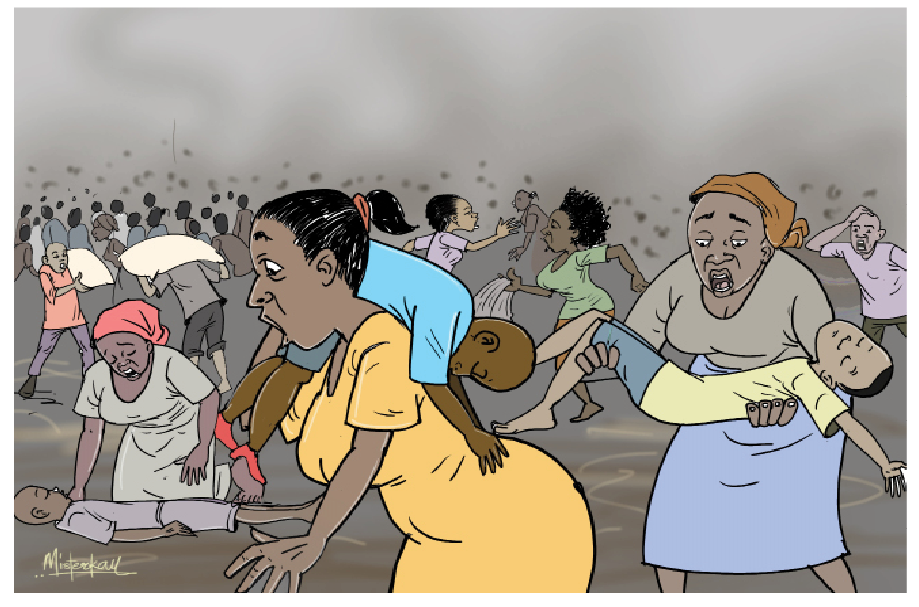
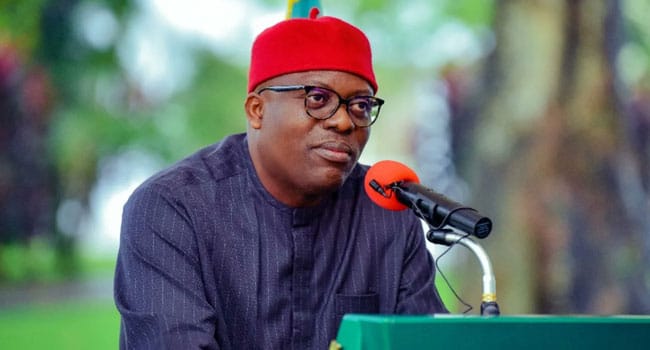
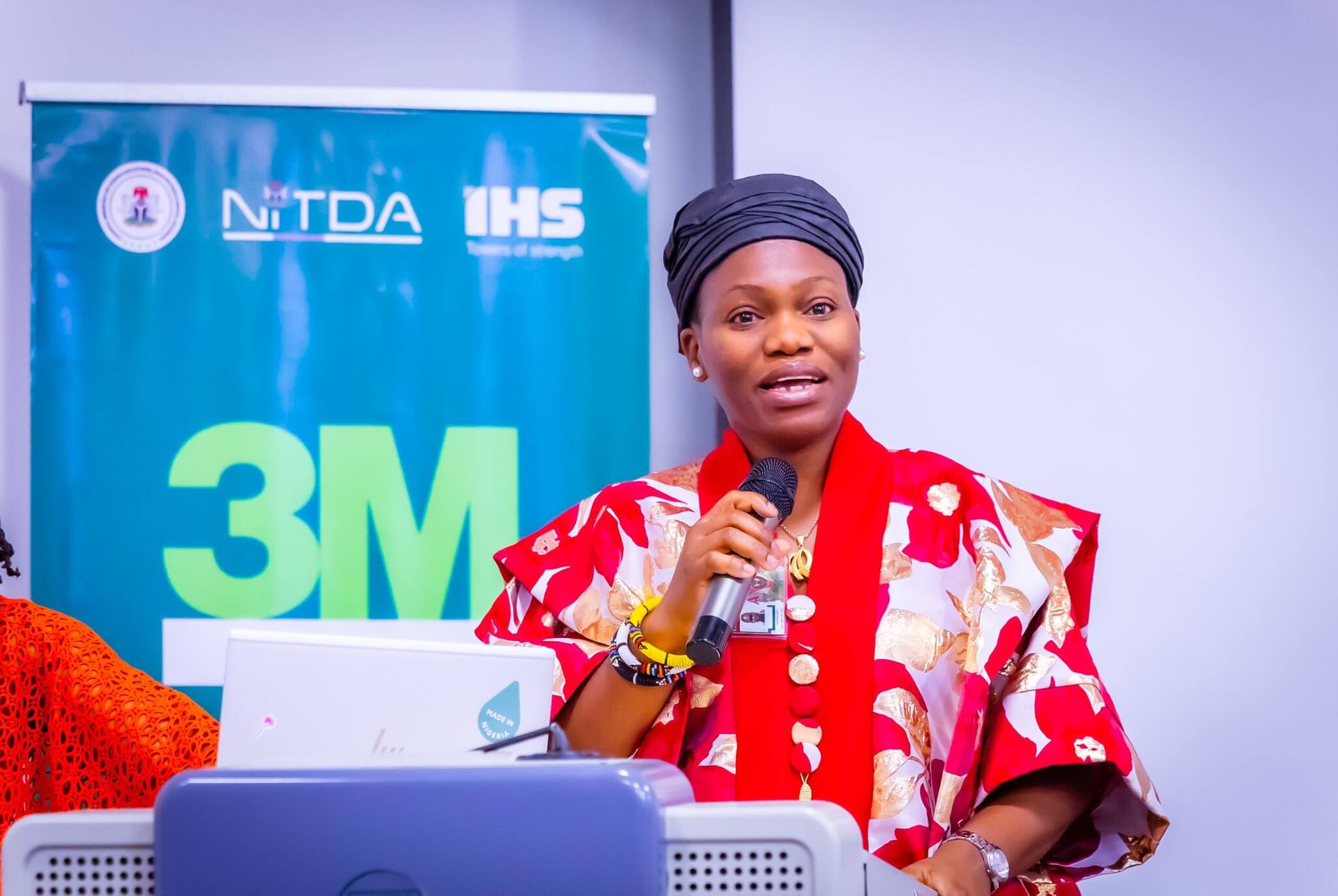
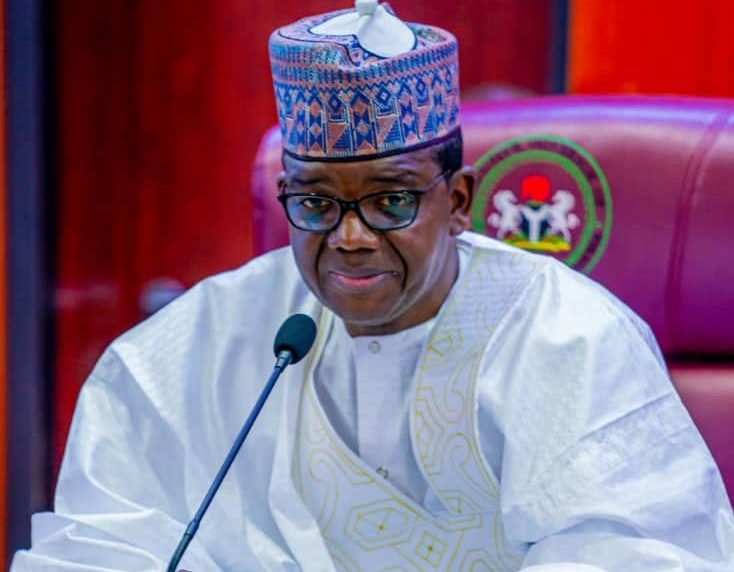




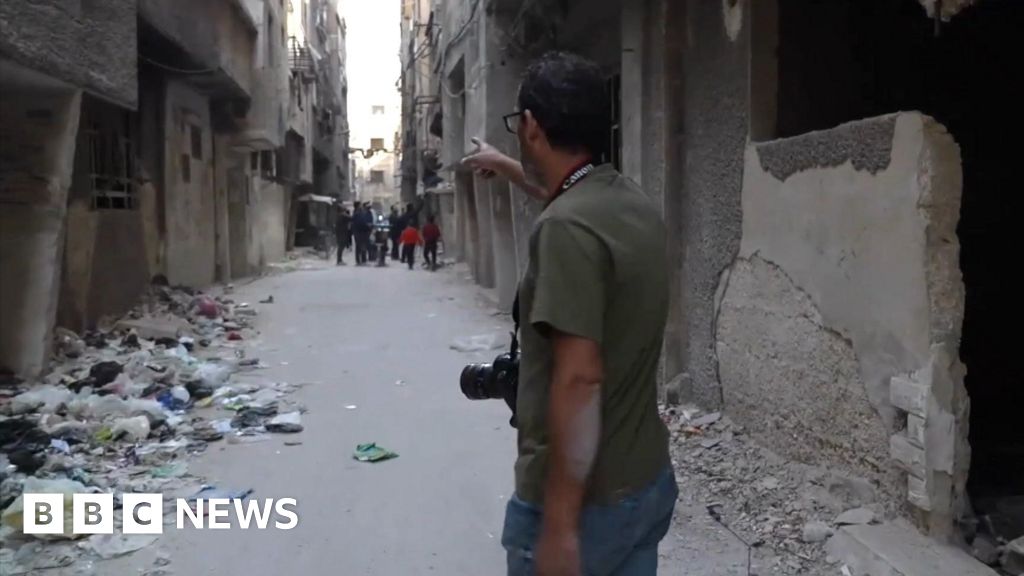

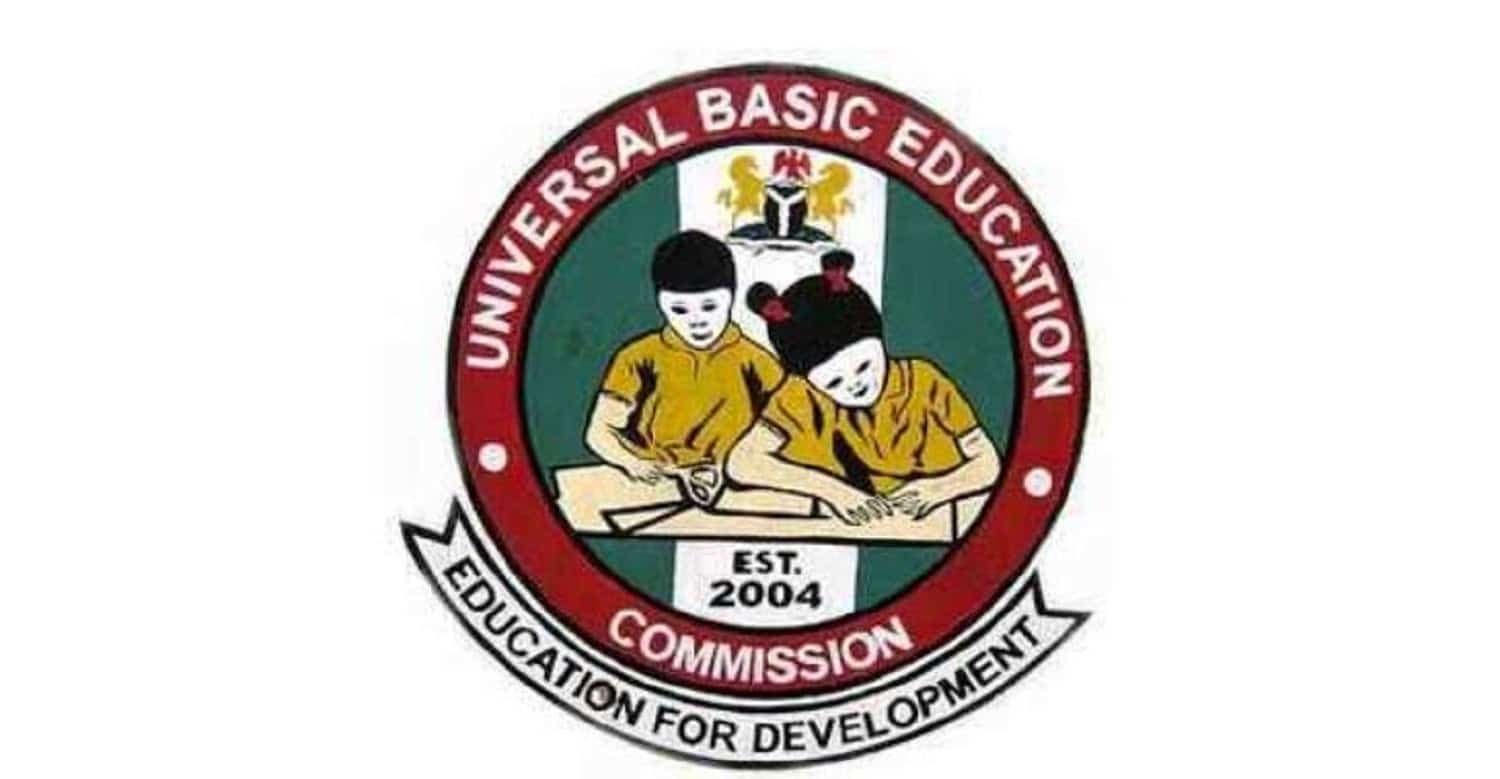
 English (US) ·
English (US) ·